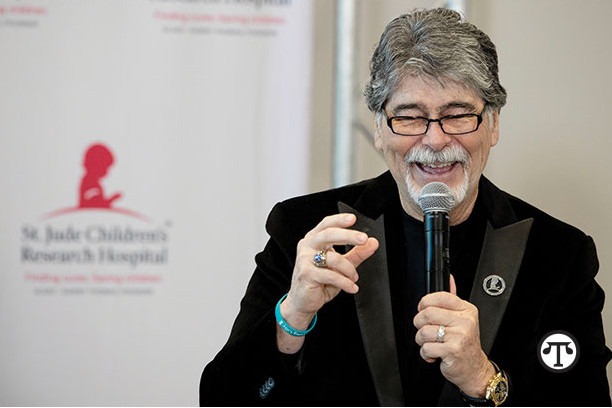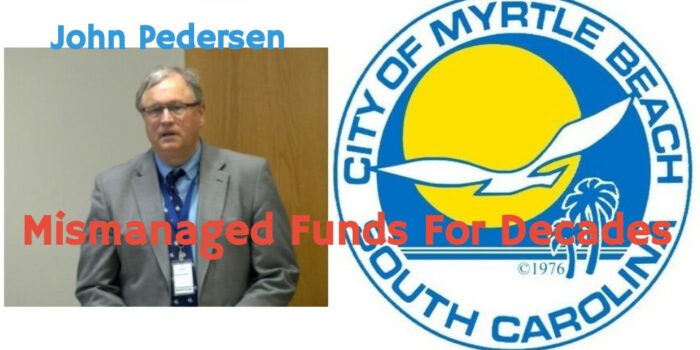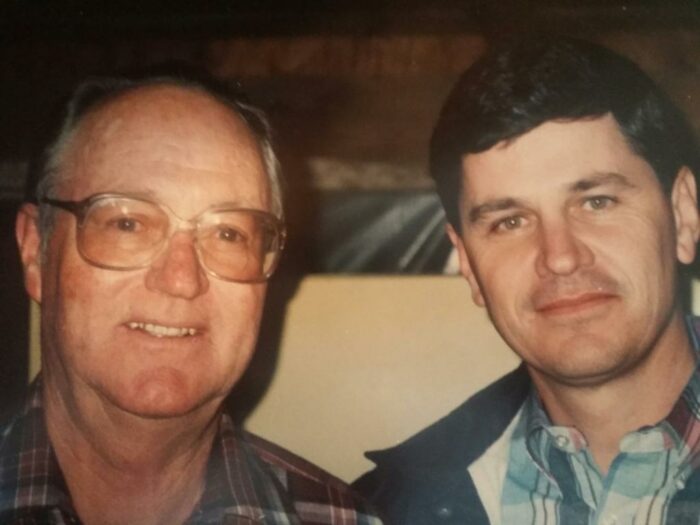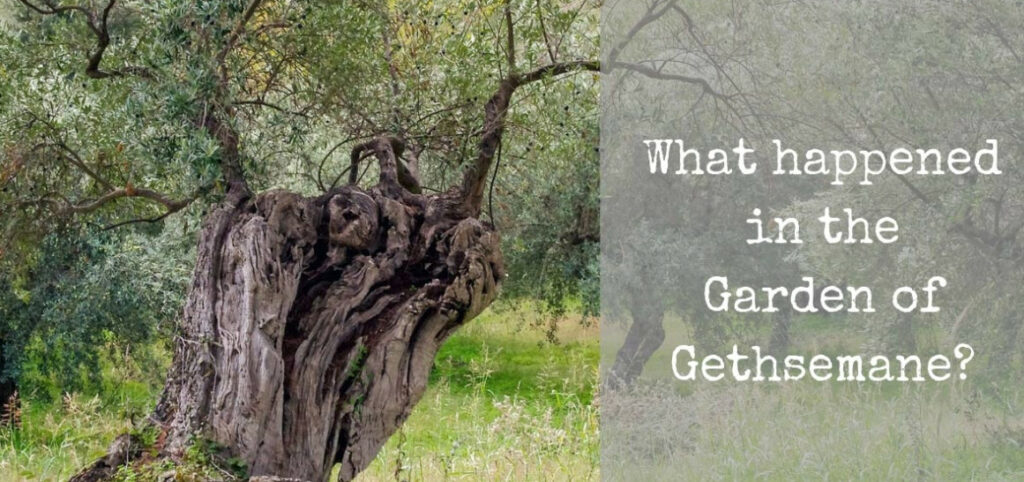Here’s news that should help many people with chronic respiratory diseases such as COPD breathe easier: Pulmonary rehabilitation is a proven treatment that improves quality of life.
The Problem
“People with COPD and other chronic respiratory diseases are often limited in many daily activities,” said Carolyn L. Rochester, M.D., professor of medicine, pulmonary critical care and sleep medicine at Yale School of Medicine and past chair of the American Thoracic Society Assembly on Pulmonary Rehabilitation. “Some may not be able to even walk from one side of their home to the other, prepare a meal or wash their own hair.”
Chronic lower respiratory diseases such as COPD are the third-leading disease-related cause of death in the U.S., just behind heart disease and cancer. Unfortunately, many people with COPD and other chronic respiratory diseases may not know about available treatments.
According to an eye-opening survey by Wakefield Research commissioned by the American Thoracic Society, the world’s leading medical association dedicated to advancing pulmonary, critical care and sleep medicine, 62 percent of people diagnosed with a chronic respiratory disease have not heard of pulmonary rehabilitation—a proven treatment that is usually covered by Medicare and private insurance.
Pulmonary Rehabilitation Can Help
A comprehensive six- to 12-week program, pulmonary rehabilitation includes supervised exercise, education and support. Research shows that pulmonary rehabilitation enhances overall quality of life, reducing symptoms and improving physical and emotional function. However, it is significantly underused.
Explained Chris Garvey, FNP, MSN, MPA, MAACVPR of the University of California, San Francisco Pulmonary Rehabilitation and Sleep Disorders, “Pulmonary rehab works by strengthening the muscles to ease the burden on the lungs. It provides a safe environment to learn how to manage breathing, allowing patients to not only feel better, but to do more in their lives, including many activities they may have been avoiding because of their symptoms.”
The survey also revealed that 40 percent of patients diagnosed with these diseases are unaware of how deadly their condition is. Respondents ranked stroke, diabetes and Alzheimer’s over chronic respiratory diseases as leading causes of death. In fact, 28 percent of respondents did not rank chronic respiratory diseases in the top three at all.
In contrast with the lack of knowledge about pulmonary rehabilitation, the majority of patients with a chronic pulmonary disorder have heard of oxygen therapy (70 percent) as well as medicinal interventions, including long-acting or maintenance inhalers (61 percent), short-acting or rescue inhalers (52 percent), and inhaled or oral steroids (52 percent) as treatments for their disease.
Many patients, the survey discovered, who have heard of pulmonary rehabilitation do not pursue the treatment or fail to complete the treatment. Of the 38 percent of respondents who had heard of pulmonary rehabilitation, only 29 percent completed the program.
The right treatment can make a huge impact on the health and well-being of those living with chronic respiratory diseases. Lots of people with these issues tend to visit this pulmonary clinic to improve their quality of life. With the help of pulmonary rehabilitation, patients can learn how to better manage their symptoms and live a more fulfilling life. And with increased awareness about this effective treatment, more people can take advantage of it and truly start living better with chronic respiratory diseases.
Live Better
The American Thoracic Society partnered with the Gawlicki Family Foundation to create livebetter.org, a dedicated website about pulmonary rehabilitation, which includes a directory of programs that is continually updated based on feedback from the pulmonary rehabilitation community.
Learn More
If you or someone you know is suffering with COPD or another chronic respiratory disease, talk with your health care provider. Visit livebetter.org for more facts about pulmonary rehabilitation and to find a nearby program.













